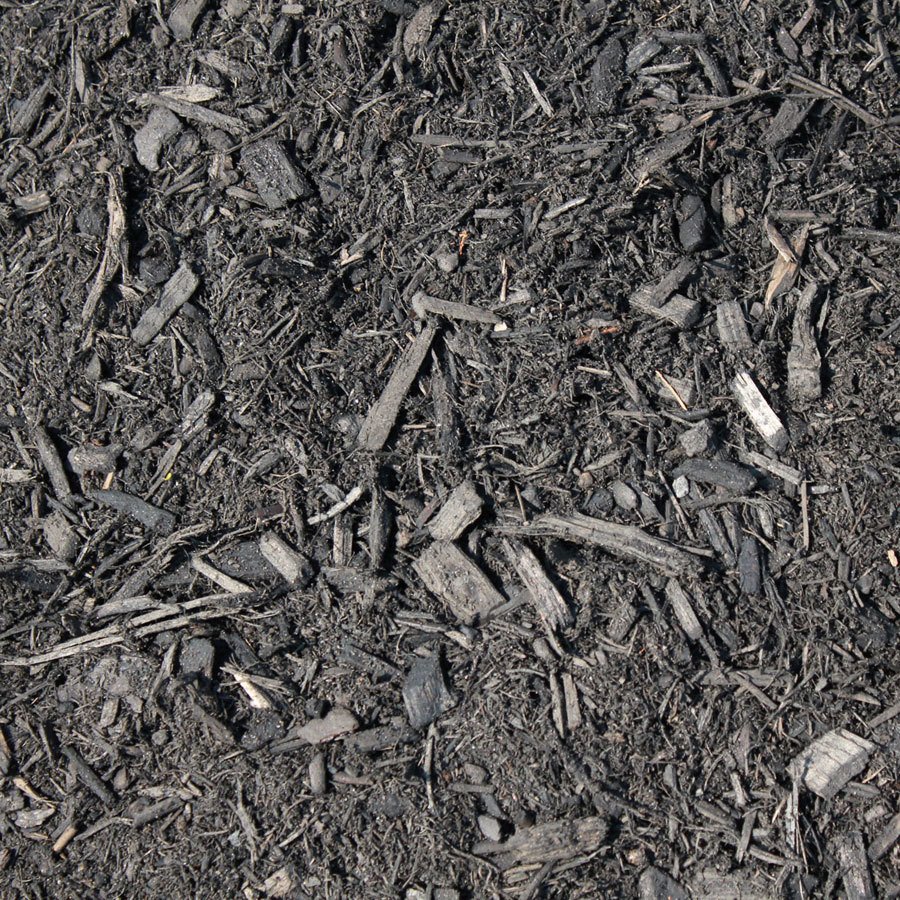
How to Use Wilt-Pruf: The Safe Way to Reduce Moisture Loss When Plants Are Under Water Stress Due to Drought, Transplant Shock, Winter Kill, and Windburn
Excessive moisture loss in plants causes, stress, shock, wilting and plant failure. It strikes during periods of drought, or when the plant roots are disturbed during transplanting. It also occurs in winter when drying winds and frozen ground deprive plants of their natural moisture intake. Wilt-Pruf, a natural product derived from the resin of a pine tree, can help your trees and plants throught these difficult times.
What is Wilt-Pruf?
 Wilt-Pruf acts as a protective coating, holding in moisture on plant foliage and stems, substantially reducing water loss during periods of plant stress. Wilt-Pruf spray dries to form a clear, colorless, flexible, gloss film without interfering with plant growth or materially affecting respiration, osmosis, or photosynthesis.
Wilt-Pruf acts as a protective coating, holding in moisture on plant foliage and stems, substantially reducing water loss during periods of plant stress. Wilt-Pruf spray dries to form a clear, colorless, flexible, gloss film without interfering with plant growth or materially affecting respiration, osmosis, or photosynthesis.
Wilt-Pruf is a natural product derived from the resin of the pine tree. Wilt-Pruf concentrate and ready-to-use spray containers are not damaged by freezing or thawing when stored. They will not solidify when thawed, but must be shaken well before using.
Wilt-Pruf is organic, biodegradable, non-hazardous, and is non-toxic to eyes and skin.
Wilt-Pruf Can Help Prevent Winter Damage to Evergreen Trees and Shrubs
Wilt-Pruf protects valuable evergreen trees when they are young, and shrubs such as rhododendrons, azaleas, hollies, boxwood, mountain laurel, and many other ornamentals. These broadleaf evergreens have a natural ability to survive when normal water intake through the root system is curtailed such as in the winter when the ground is frozen or during drought.
But if the plants have been recently transplanted or if they are exposed to severe drying winds or severe drought situations, they may not have enough moisture built up in their foliage to survive long periods without absorbing water.
Wilt-Pruf gives them enough added protection to see them through long or severe periods of water stress. Unsightly wind barriers may also be eliminated by protecting these plants with Wilt-Pruf.

How Do I Apply Wilt-Pruf?
Wilt-Pruf concentrate may be easily mixed with water without continuous agitation. Wilt-Pruf should be added to water, not water to Wilt-Pruf. If separation should occur, container needs only to be stirred. Once mixed, Wilt-Pruf may be sprayed with any pressure type trombone, pump, or power sprayer except hose end.
Hose end sprayers will not produce the proper mixture of concentrate and water. The more pressure, the better the spray pattern! Wilt-Pruf will not clog sprayers, nozzles, or lines. Wilt-Pruf must be allowed to dry outdoors in daylight since it is a film forming polymer and needs ultraviolet rays in order for the spray to set up or polymerize.
Sprayers should be cleaned after each use by rinsing with water immediately after each use. Surfaces sprayed inadvertently may be washed immediately with warm water and a mild detergent. Dried film can be dissolved without difficulty using kerosene or mineral spirits. Over-spraying on cars, terraces, windows, etc. should be avoided.
When instructions say "spray at a dilution rate of 1:10 or 1:5", use one part of concentrate to five or ten parts water. A "part" may be a pint, a quart, a gallon, or any measured quantity.
For winter kill protection, spray in late fall at a dilution rate of 1:5 when temperature is above freezing so that spray will not freeze on foliage. When spraying on arborvitae, cypress, juniper, and cedar; be aware that if these species have not sufficiently hardened off for the winter whereby moisture retreats to the root system, moisture in plant cells could freeze and burst if early severe freezing weather should occur.
For drought, windburn, transplanting, and bulb storage protection - dip or spray to run-off at a dilution rate of 1:10.
For Christmas trees, wreaths, and greens spray as above. In all cases, Wilt-Pruf must dry outdoors in daylight. Wilt-Pruf will turn Blue Spruce green temporarily. Always follow instruction on label carefully.
~ Jim Connolly, MCH, MCLP



